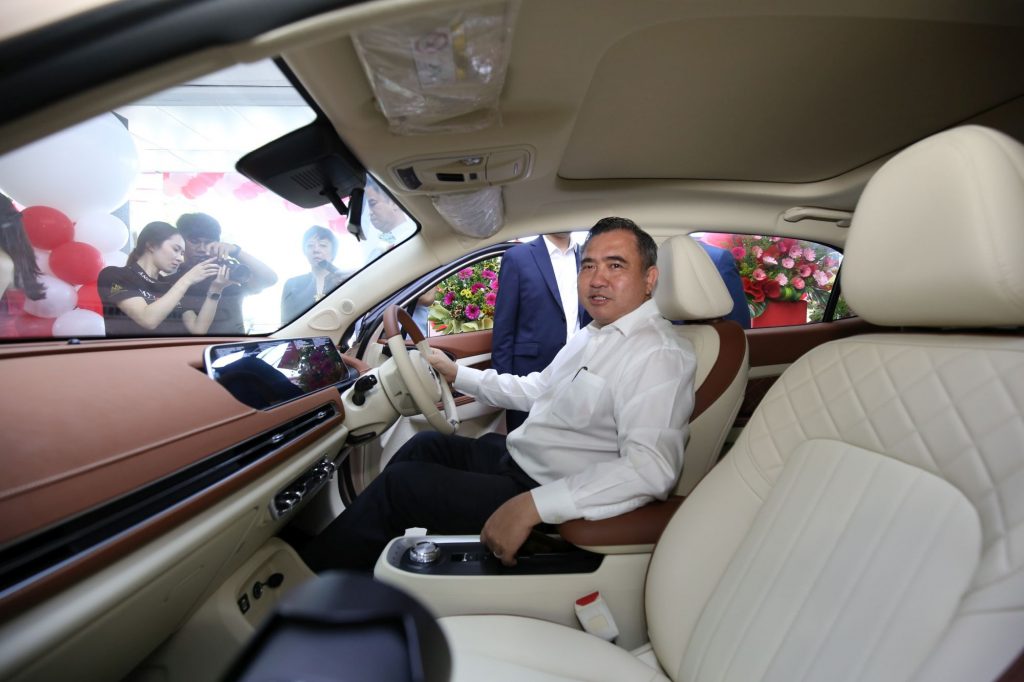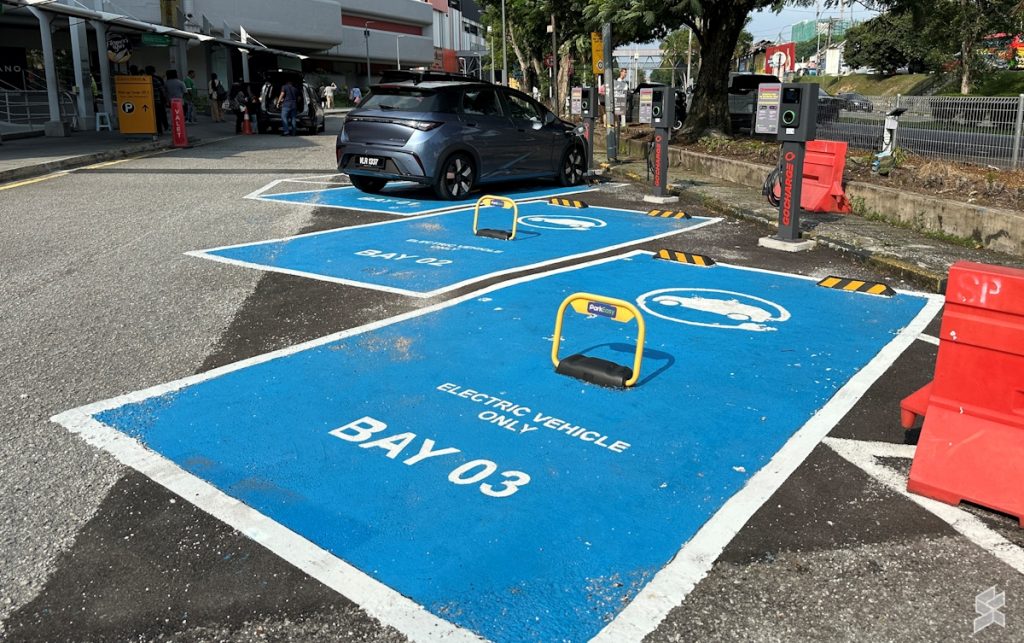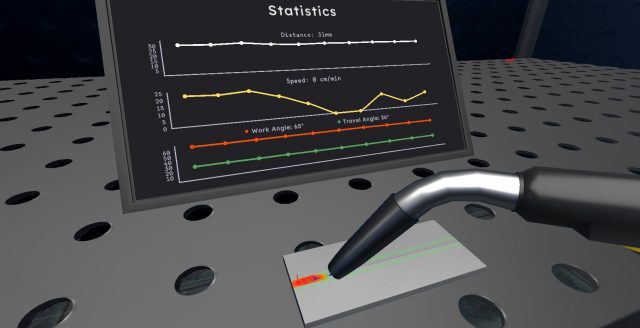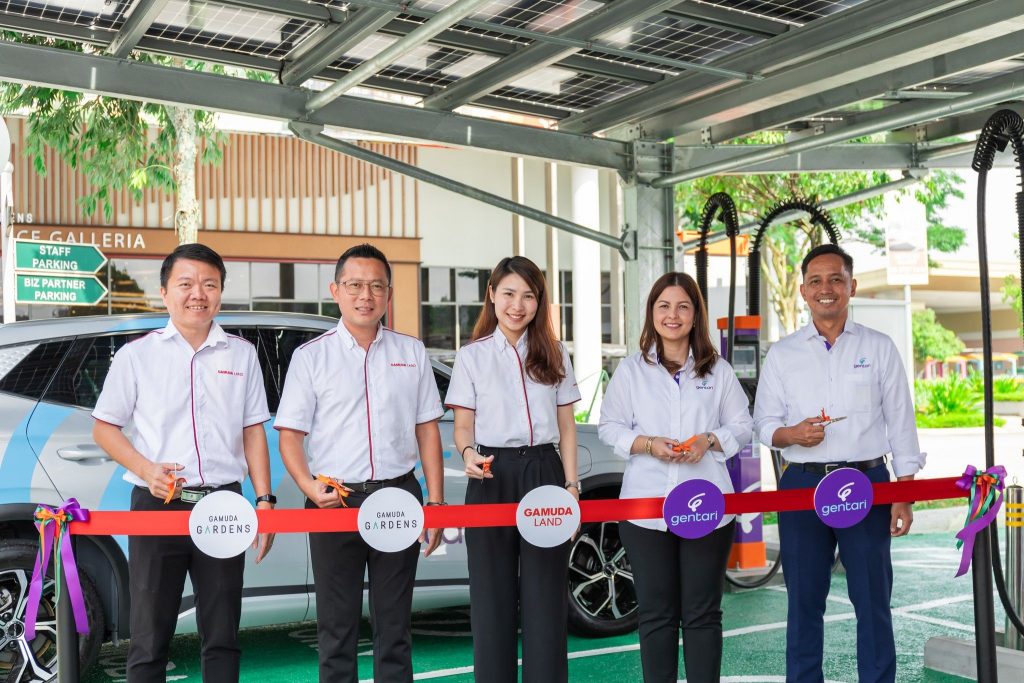Transport Minister Anthony Loke has said that his ministry is currently in the final stage of reviewing the road tax structure for electric vehicles (EV). The new road tax structure is expected to be announced sometime next month which aims to address concerns about the current high cost of road tax for EVs.
Anthony Loke said the decision to review the road tax structure is aimed at making road tax for EVs cheaper compared to internal combustion engine (ICE) vehicles, besides encouraging more people to use EVs. The new road tax structure has been delayed for several months but owners of EVs are currently exempted from paying road tax until the end of 2025.
The Minister shared that the challenge faced in the process is the comparison of engine capacity (CC) of ICE and EV vehicles. He said while road tax for EVs is currently free, those who purchase one are worried that the road tax would be higher than ICE vehicles.
He said, “The commitment of the government is to reduce tax so that those who purchase EV vehicles will enjoy an appropriate road tax fee. We hope an announcement on road tax for EV can be made before the end of April.”
Under the current formula, road tax for EVs in Malaysia is calculated based on power output (kW) and this results in a higher road tax compared to ICE vehicles which are calculated based on engine capacity. This provides ICE vehicles an unfair advantage as turbocharged ICE vehicles can provide high power output from small engine displacements.
For example, owners of the Hyundai Kona Electric e-Max or the BYD Atto 3 which has a single motor pushing 150kW (201hp), will have to pay RM903 per year for road tax under the current formula. Meanwhile, a petrol-powered Hyundai Kona 1.6 N Line with a 1.6-litre turbo engine pushing 195hp is only required to pay a road tax of RM90 per year.
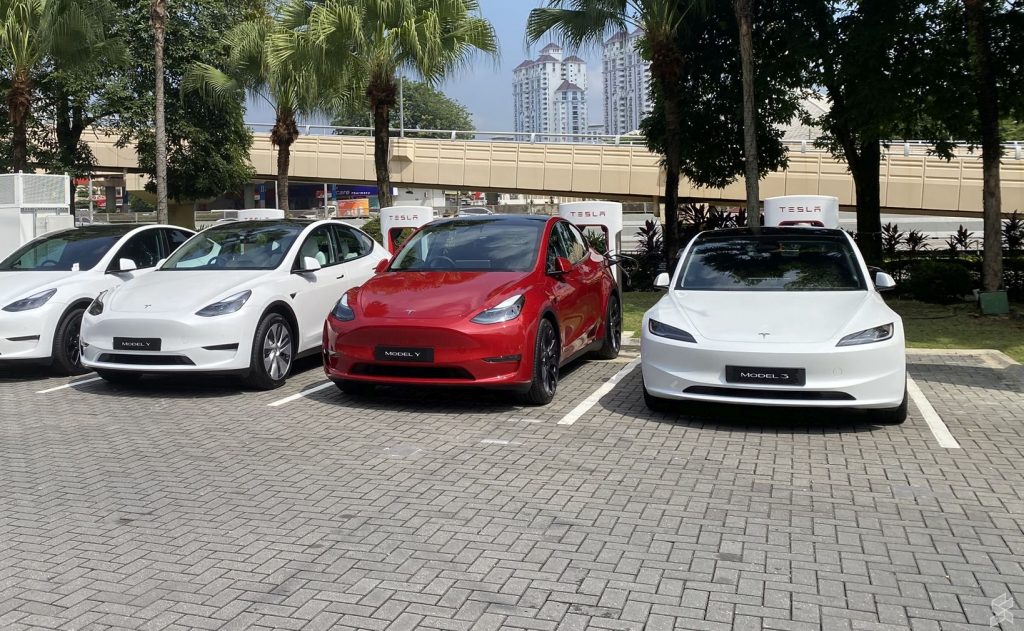
Last year, Anthony Loke said that the formula would be reviewed to make it lower and more competitive so that people would not be hesitant to buy EVs. He also said that the road tax would be based on the vehicle’s wattage and potential EV buyers needed to know how much road tax they would need to pay before making a purchase. Assuming the direction remains unchanged, road tax for EVs with dual motors and over 400hp (e.g. Tesla Model 3 Long Range, BYD Seal Performance and Smart #1 Brabus) would cost more than single-motor variants with lower power output (e.g. Tesla Model 3 Standard Range, BYD Seal Premium, Smart #1 Premium).
[ SOURCE ]

